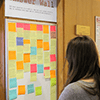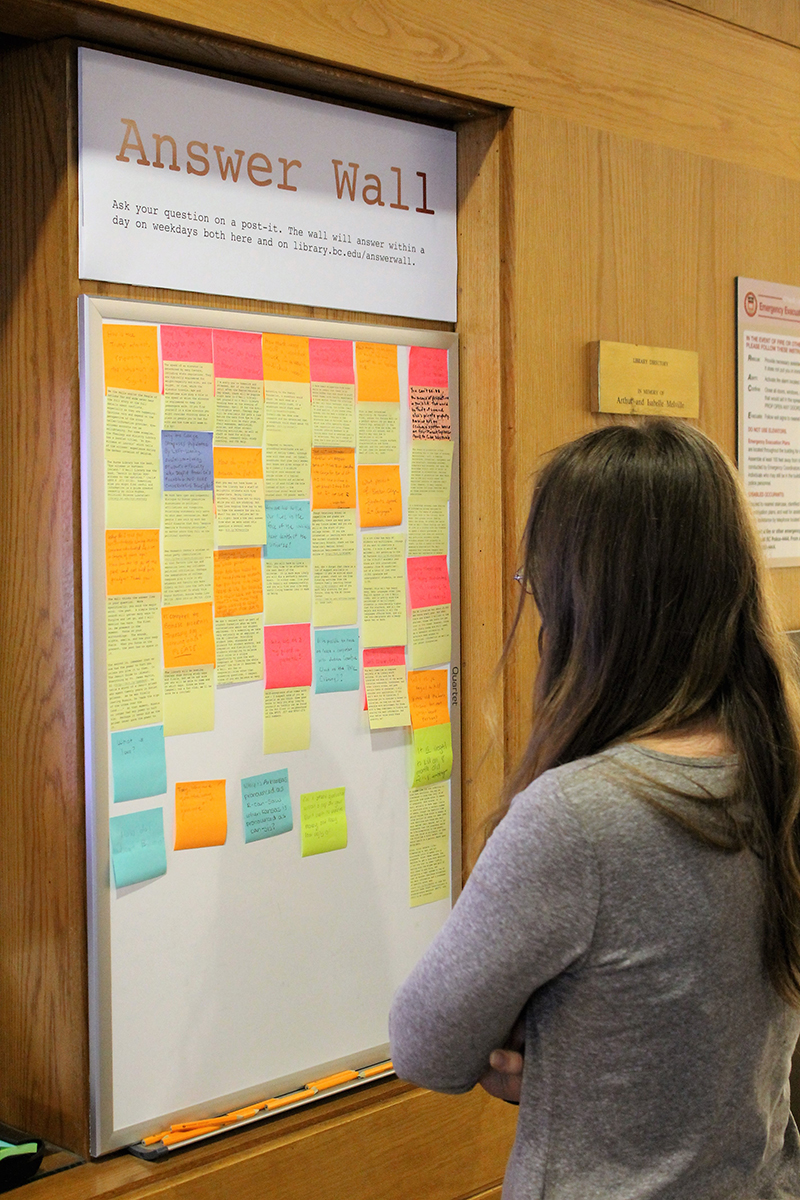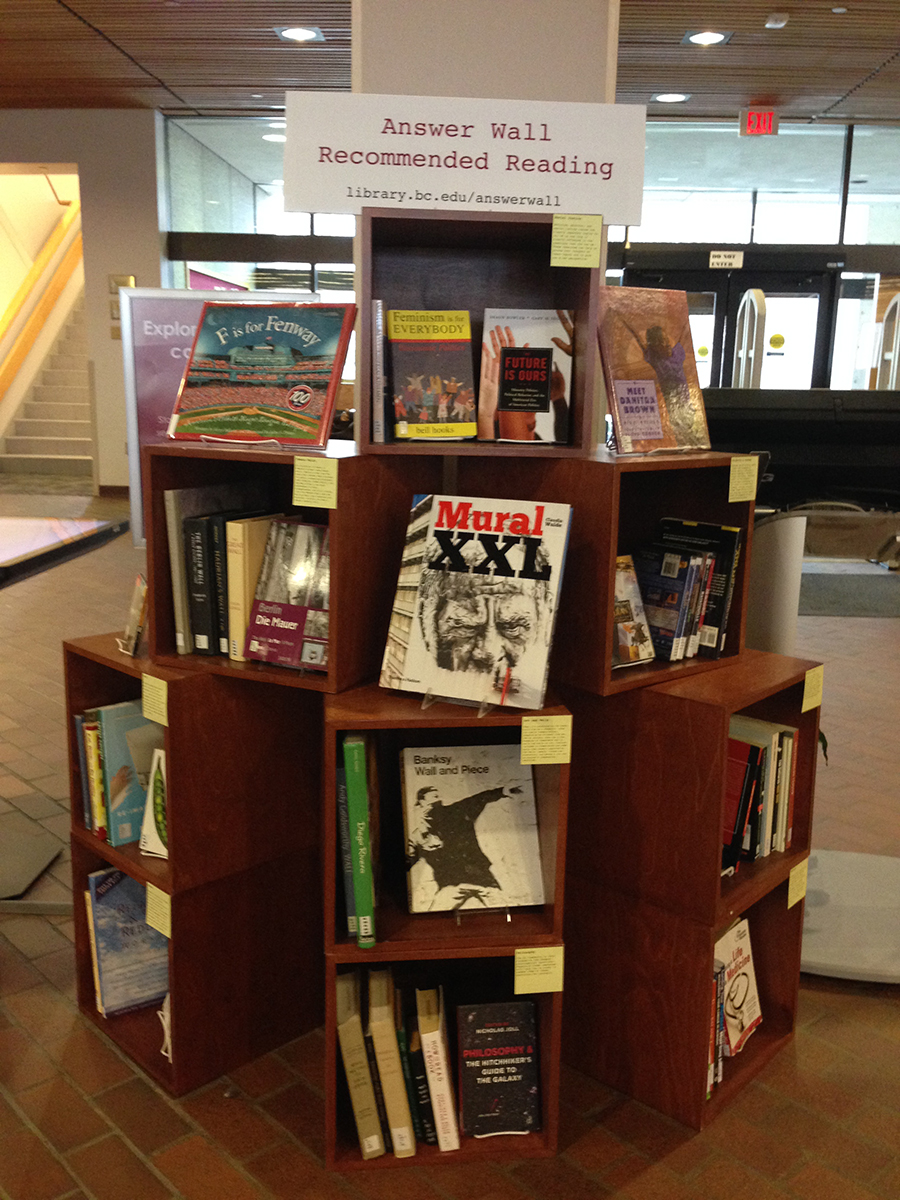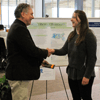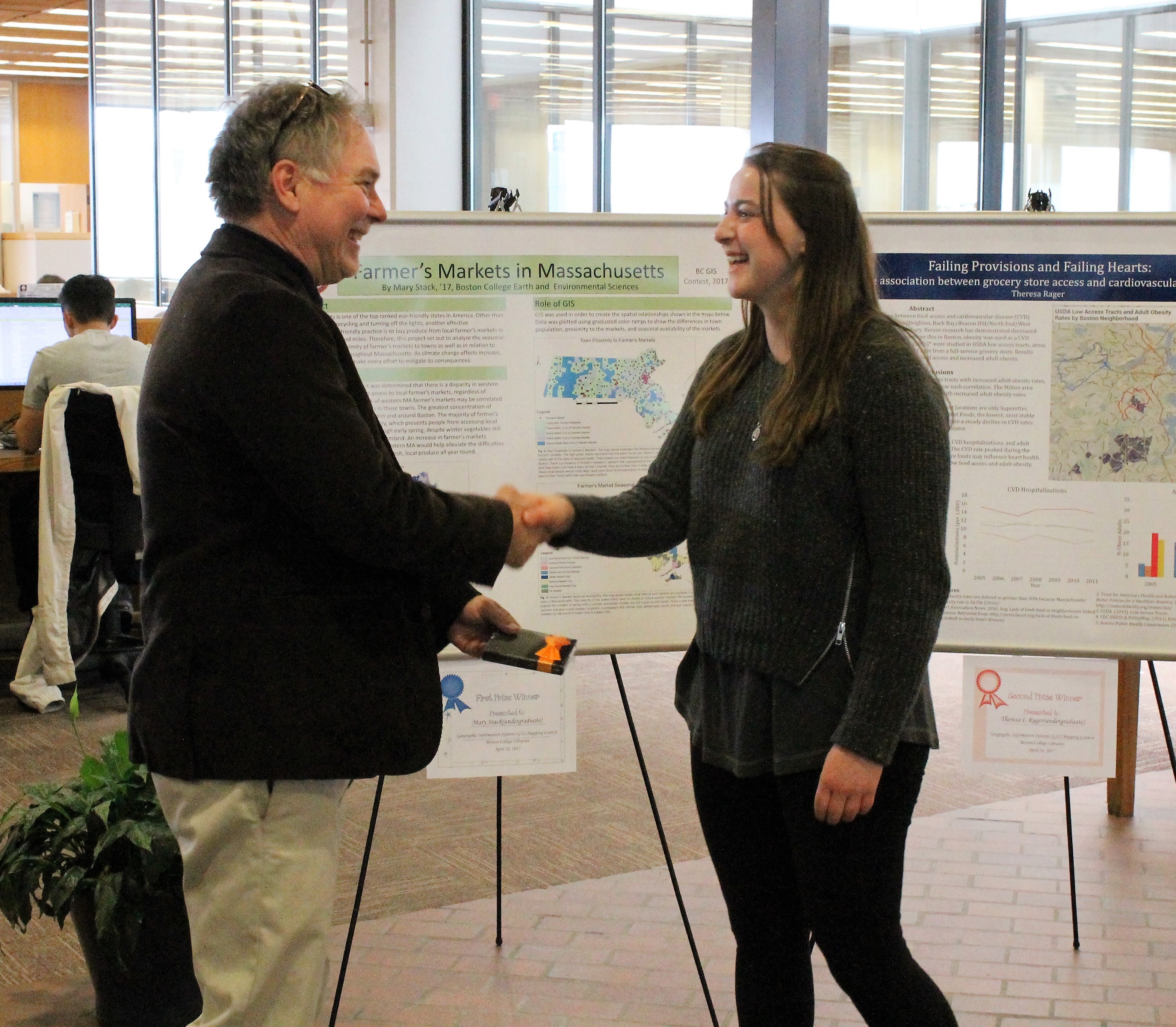ORCID at BC was launched in May, with a strong endorsement from David Quigley, Tom Wall and Michael Bourque. They announced the initiative and invited faculty to use our new application to create an ORCID ID and link it to their BC ID number, which is easy to do at bc.edu/orcid. This option is available to all faculty, staff and students, and is available in the Agora portal under Other Services.
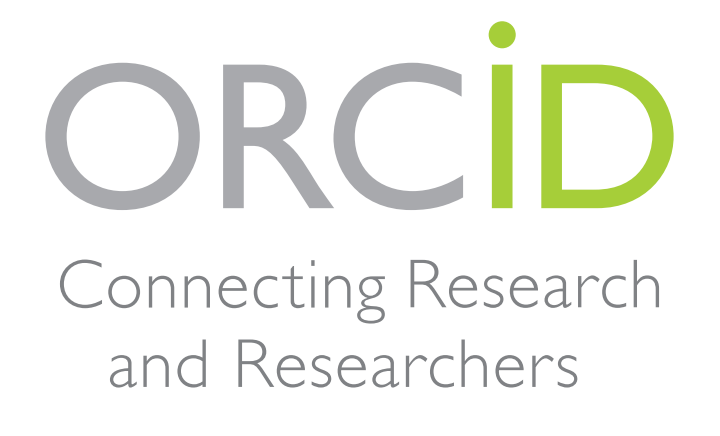
Your ORCID ID can help you ensure that all of your work is properly attributed to you, and help other scholars find all of your scholarly output with a single click. When you register for an ORCID ID (a process that takes about one minute), you will receive a unique identifier. This ID will:
- Serve as a unique, persistent identifier for you throughout your career, even if you change your name.
- Distinguish your work from others’ in the field
- Allow you to create a profile that connects all of your publications, articles, datasets, and other scholarly outputs with your ID
- Streamline submissions to publishers, grant funders, and associations, which increasingly integrate ORCIDs and send data to your profile
- Automate annual reporting in systems that offer ORCID integration, such as Faculty 180 (coming soon!)
- Give you control over what is made public, private, or available only to trusted parties
Once you have registered for an ORCID you can sign in at orcid.org, build your profile and use it to raise the visibility of your work. You can also link your BC single sign-in credentials so that you can use them to log in to ORCID.
Enter your ORCID when submitting publications and grant applications; the publisher or funder will add the ORCID to the publication itself and push information about the article or successful grant to your profile. Import information about your past publications from Scopus, CrossRef and other databases.
Add the link to your ORCID profile to your webpage, faculty profile, email signature, CV, and other publications and presentations. One click will bring researchers and potential collaborators to your list of works. The more you use the ORCID ID, the more it enhances your visibility.
Since its launch, the uptake by full-time faculty has been steady. From May 3 to May 18, approximately 150 of full-time faculty have created an ORCID ID or linked an existing one to their BC ID.
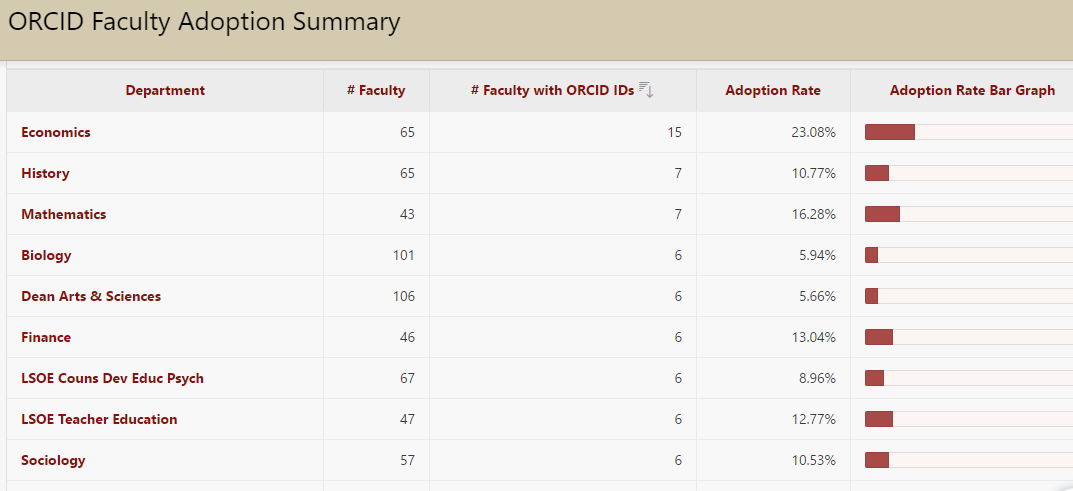
More information about ORCID and the ORCID at BC initiative is available on our ORCID at BC Guide.

